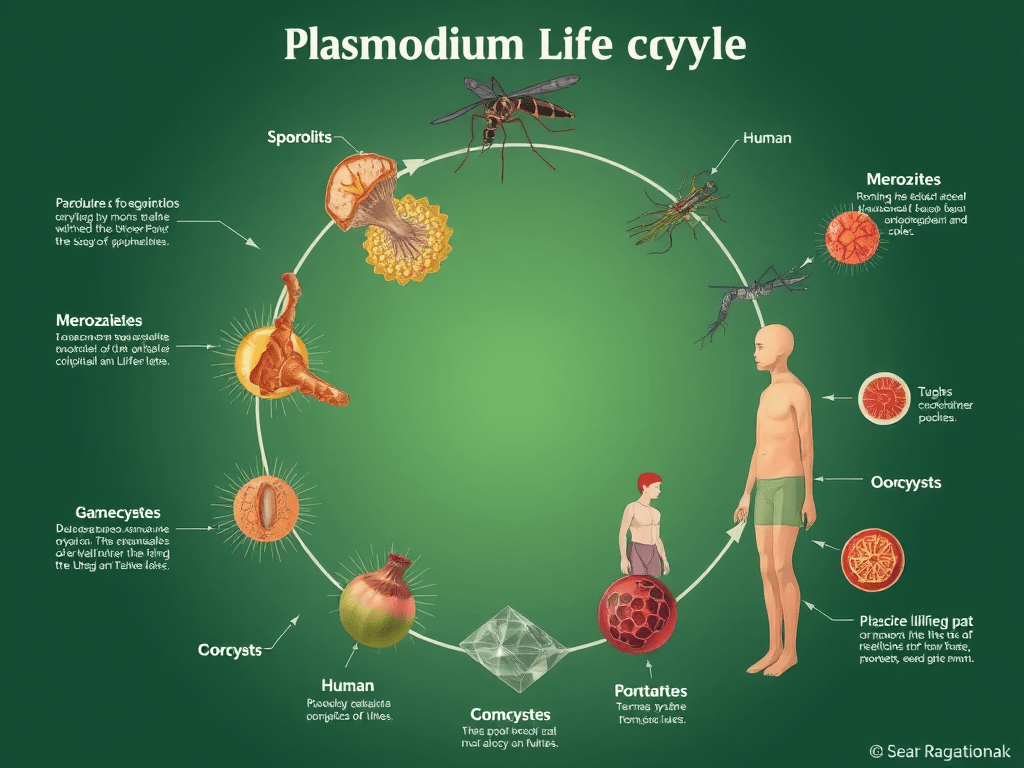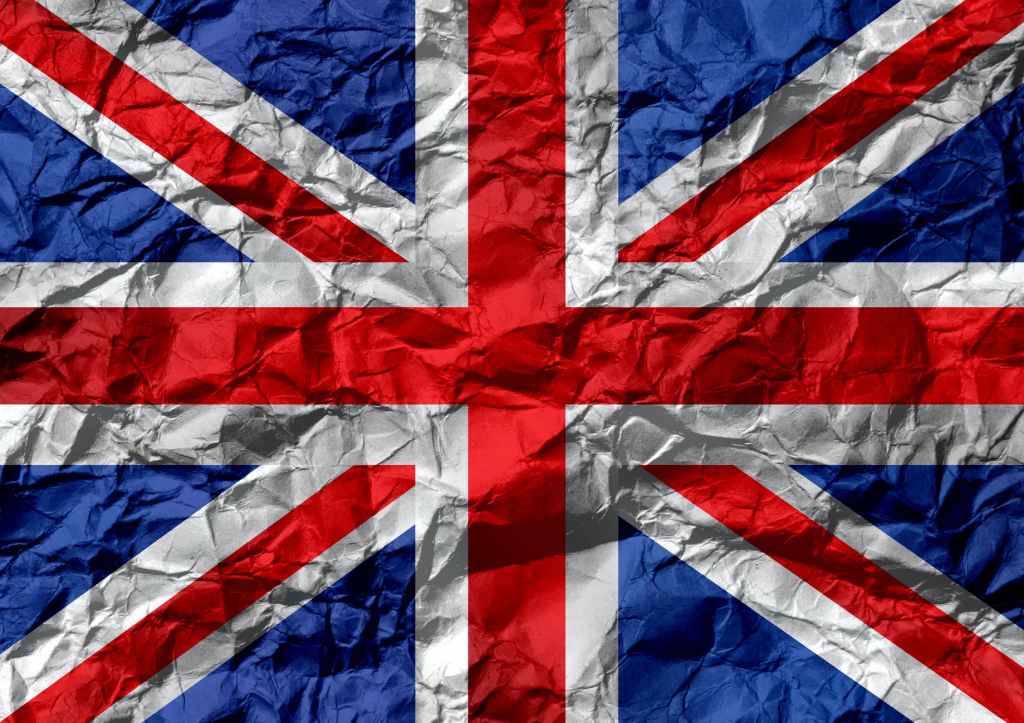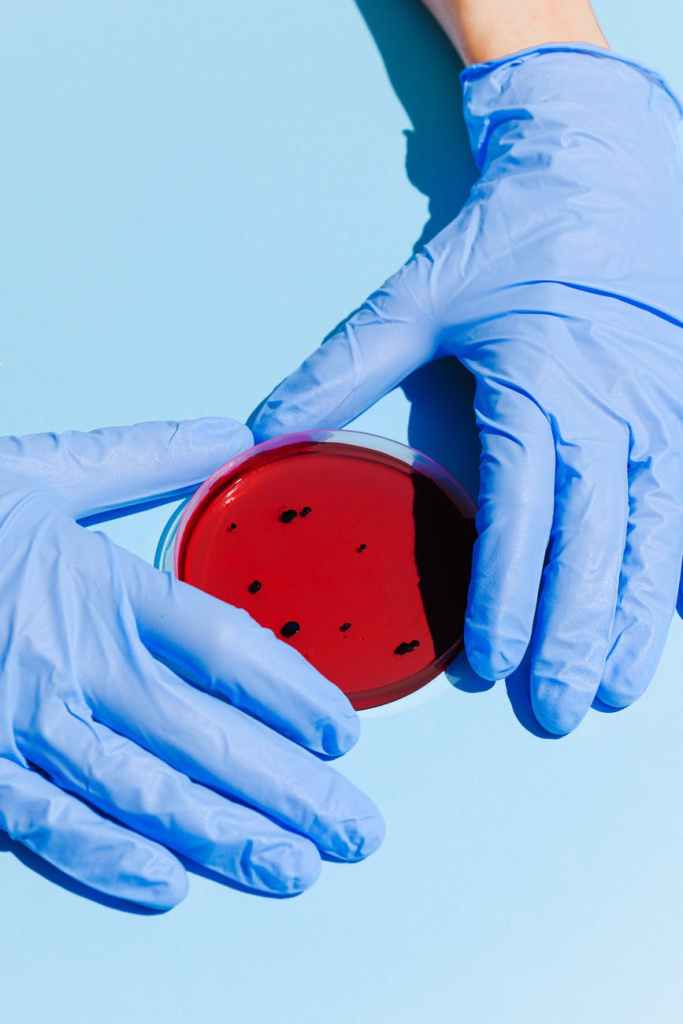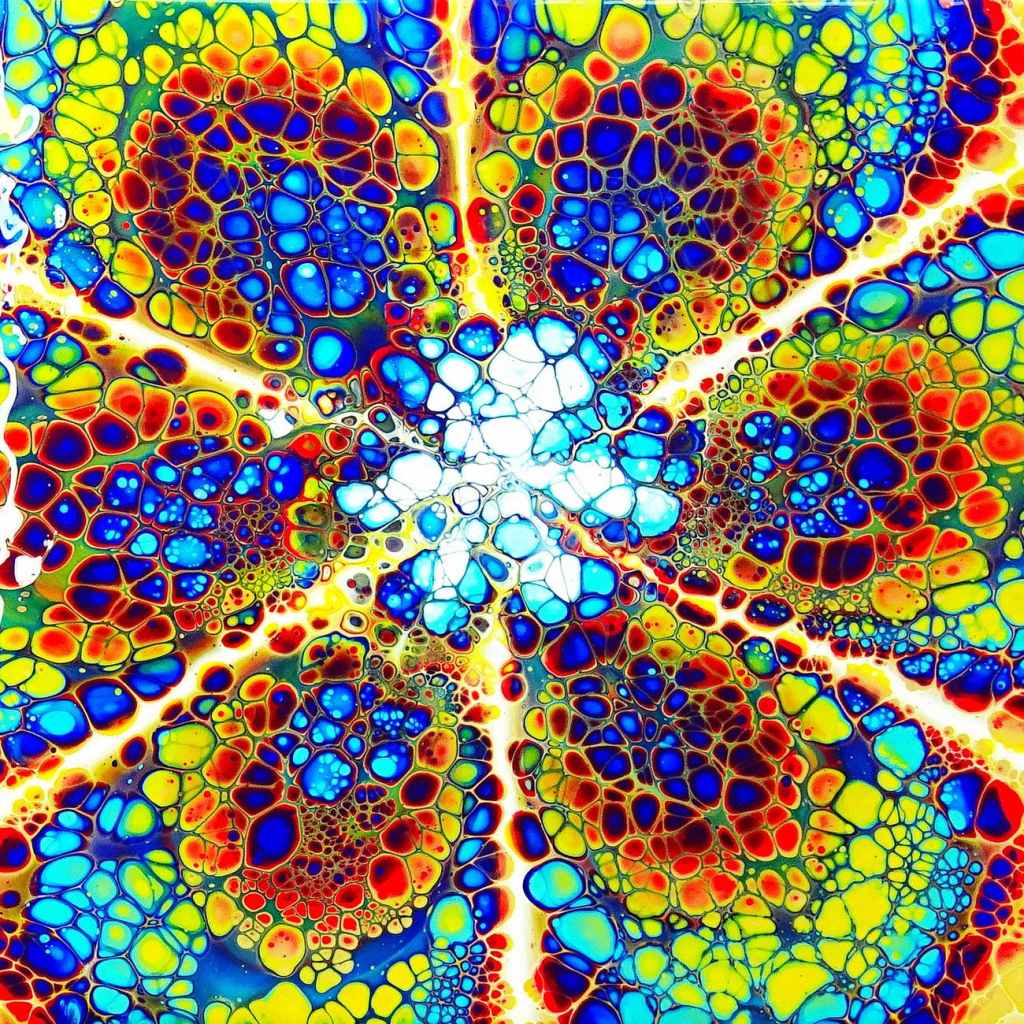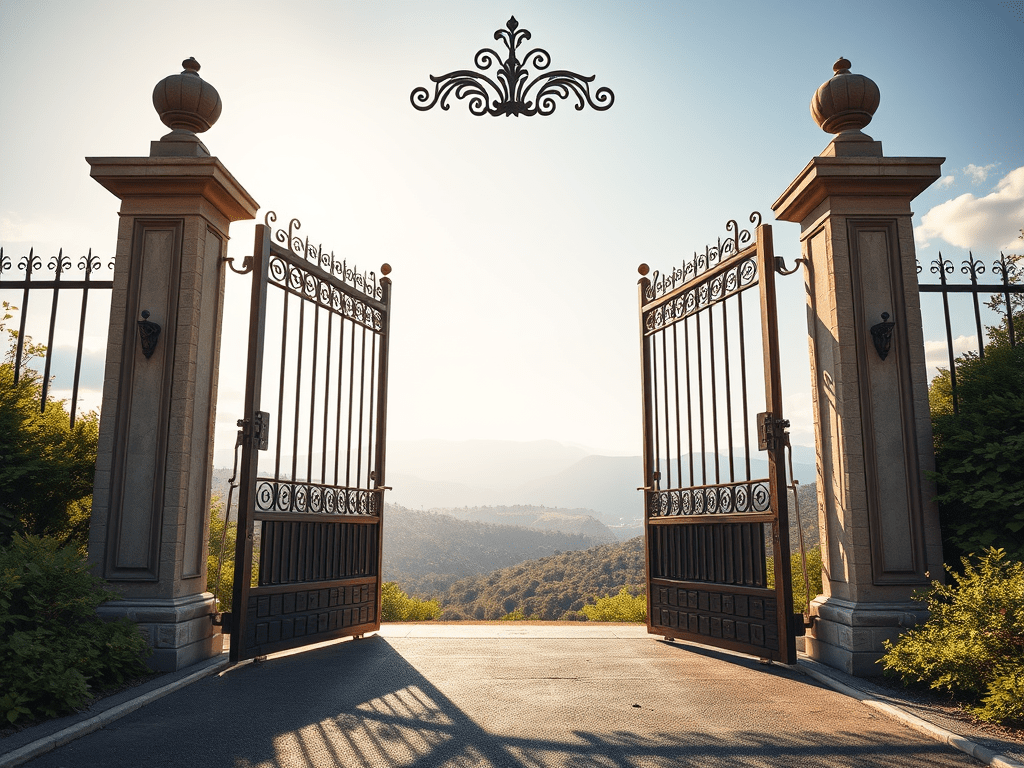


First of all, apologies for our forced and utterly unwanted absence. But Domestic Renovations, and the sorts of people who carry them out, can be as tiresome and time-consuming as any other human relationship which the Gentleman Scholar must negotiate -domestic staff mistresses and lovers, cleaners, mechanics, and countless others. All require patient listening, multiple cups of tea and hefty pay offs, if only to still their incessant demands for even a moment. But here we are back again where it counts-with you, gentle readers. And we are glad to say that we return with one of our favourite sequences of the year. It’s Nobel Prize season again. [1]
For us, the Nobel prizes are the very essence of what this blog is all about. That careful learning and scholarship are not only what lifts our lives above the miserable condition of wild apes (well, some of us): they constitute the only only possible escape route from our current plights, many of which are serious and grave. And this time we think we can prove it. with the help of three of the very winners themselves-how’s that for endorsement, ladies and gentlemen? That’s the prize which will receive our first detailed attention, in the next blog: but let’s start with a roll call of the stupendously intelligent people who have stood out this year as the cream of humanity
Physics: John Clarke Michel H Devoret John M Martins Amazing work “for the discovery of macroscopic quantum mechanical tunnelling and energy quantisation in an electric circuit” Yup, we kind of lost too it after the fourth word in the citation, but we’ll try to understand it better in time for a later blog
Chemistry Susuma Kitagawa Richard Robson Omar M Yaghi Want to capture Carbon dioxide, water in the desert, store toxic gases and many other things? These discoveries will let you do all of them. If this isn’t right on the raison d’etre of this blog, we don’t know what is. Again, come back later for more
Physiology and/or Medicine Anything in these fields must be close to an LSS reader’s heart. So the work of Mary E Brunkow, Fred Ramsdell and Shimon Sakaguchi on the tricky world of the immune system requires our most emphatic hats-off
Literature and Peace Intelligence can be of the Emotional kind as well as the academic, as many of us discover with agonising slowness and pain. So although these subjects lie outside the remit of our blog we are proud to give honourable mentions to László Krasznahorkai and Maria Corina Machado respectively (is she a relative of Antonio Machado the famous Spanish poet, we wonder?-ed)
But finally our first next blog on this subject, as t’were, will be devoted to the patient Economics work of Joel Mokyr, Phillipe Aghion and Peter Howitt. Because finally they have shown at Nobel level, what we have believed for so long. It’s science and learning that drives the economy. Which is where we go next time.
[1] https://www.nobelprize.org/all-nobel-prizes-2025/
#nobel prizes #economics #physics #chemistry #medicine #physiology #economics

